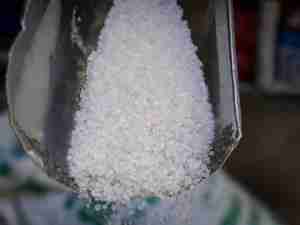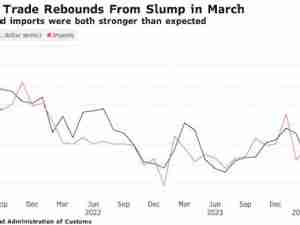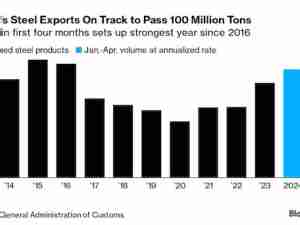Mnuchin Says He’ll Tag China an FX-Manipulator If Warranted
By: Saleha Mohsin, Michelle Jamrisko and Austin Weinstein | Jan 19 2017 at 06:03 PM | International Trade
U.S. Treasury Secretary nominee Steven Mnuchin said during his Senate confirmation hearing he’s willing to label China as a currency manipulator if warranted, after President-elect Donald Trump backed away from his pledge to do so immediately.
Mnuchin said “I would” when asked by Senator Robert Casey on Thursday whether he would recommend naming the Asian country a manipulator if it deserved that label.
Trump had already softened his stance on China’s currency policy, saying in an interview this month with the Wall Street Journal that he wouldn’t name the country a manipulator on his first day in office, as previously promised. “I would talk to them first,” Trump was cited as saying by the Journal. “Certainly they are manipulators. But I’m not looking to do that.”
Casey, a Pennsylvania Democrat who in the past introduced legislation to crack down on China for what he said was cheating on trade through its currency practices, acknowledged that the country has “shifted of late” from efforts to deliberately weaken its exchange rate. Mnuchin, who didn’t object to that characterization, also said in an interview on Nov. 30 that he would name China a manipulator only after determining the label was deserved.
The lack of a tougher line from Mnuchin on Thursday may further ease concerns that the incoming administration will clash with China and start a trade war. His views on the country are significant because the Treasury Department is tasked with determining whether governments are providing their companies with unfair trade advantages.
Congress has gradually granted more powers to the executive branch around enforcement of international trade rules, meaning Trump will have significant leverage in redrawing existing and pending agreements. Last February, President Barack Obama signed the Trade Facilitation and Trade Enforcement Act, which allows the White House some leeway in penalizing countries that are flouting the rules, including by cutting them out of competition for U.S. government contracts.
Tough Talk
Trump’s tough talk on the Asian nation was part of his pledge to revamp trade deals in order to attract investments and prevent companies from moving factory jobs abroad. But China wasn’t a major issue in Thursday’s hearing, and its currency didn’t come up until near the end of the 5 1/2-hour session. Most economists say China has done a reversal of its policies to weaken the yuan, which were designed to stimulate exports.
See why it may be difficult for Trump to get tough on China
The Obama administration appears to agree. The Treasury Department in its latest foreign exchange report said that China meets only one of three criteria to be labeled a manipulator, adding that its recent efforts to prop up the yuan were preventing a rapid depreciation that would hurt the global economy.
Casey said in a statement before the hearing that “China is a serial trade cheater and their actions result in less jobs and stagnant wages for Pennsylvanians.”
“For years, I’ve been pushing to hold China accountable for currency manipulation and its flagrant violation of trade laws,” he said.









